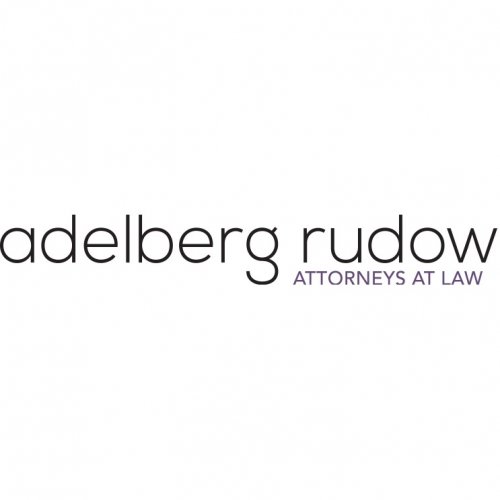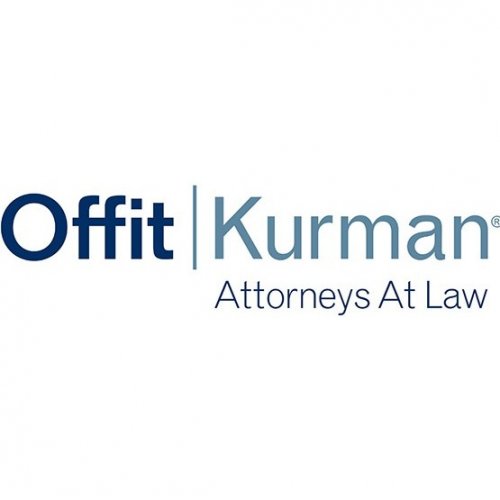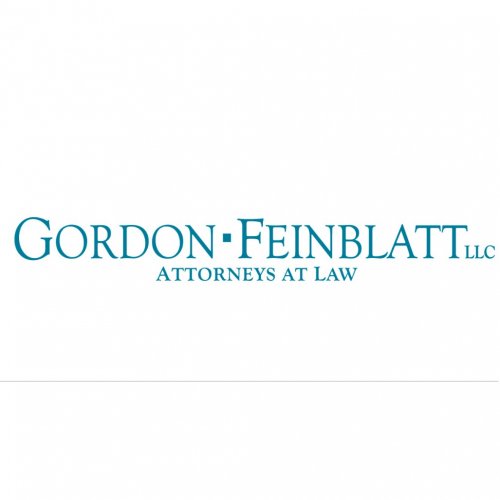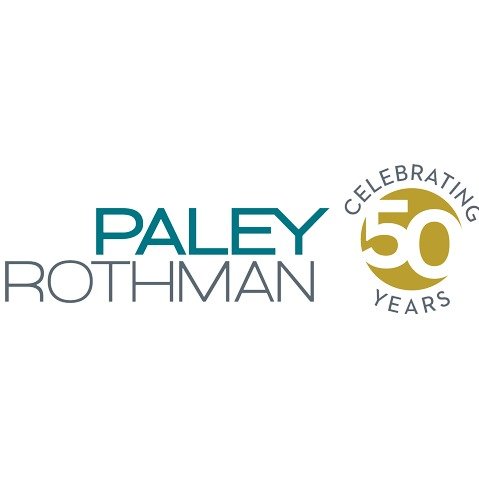Best FDA Law Lawyers in Maryland
Share your needs with us, get contacted by law firms.
Free. Takes 2 min.
Or refine your search by selecting a city:
List of the best lawyers in Maryland, United States
About FDA Law in Maryland, United States
FDA Law refers to the set of federal rules and regulations enforced by the U.S. Food and Drug Administration (FDA) to protect public health by ensuring the safety, efficacy, and security of food, drugs, medical devices, cosmetics, and other related products. In Maryland, FDA Law interacts with both federal regulations and state-specific requirements. This legal field covers the oversight of manufacturing, distribution, labeling, and marketing practices of products regulated by the FDA. Maryland businesses and professionals operating in sectors such as pharmaceuticals, biotechnology, medical devices, and food production must comply with these regulations to avoid penalties and promote consumer safety.
Why You May Need a Lawyer
Navigating FDA Law can be complex and challenging due to evolving regulations and strict enforcement standards. You may need an FDA lawyer in Maryland for a variety of situations, including:
- Seeking FDA approval for a new drug, medical device, or dietary supplement.
- Navigating FDA inspections, warning letters, or enforcement actions.
- Responding to product recalls or adverse event reports.
- Ensuring compliance with labeling, advertising, and promotional guidelines.
- Managing import or export issues with regulated products.
- Investigating potential regulatory violations or fraud allegations.
- Advising on mergers, acquisitions, or partnerships involving regulated entities.
- Protecting intellectual property in FDA-regulated areas.
- Representing individuals or companies in administrative hearings or federal court.
Local Laws Overview
Maryland aligns closely with federal FDA regulations, but also has its own requirements and enforcement agencies, such as the Maryland Department of Health (MDH) and the Office of Food Protection. Maryland laws may impose additional standards for food safety, drug distribution, medical device sales, and the practice of pharmacy or medicine. For example, the Maryland Food, Drug, and Cosmetic Act adopts much of the federal framework but provides for local inspections and penalties. Companies must also be mindful of state licensing requirements, reporting obligations, and consumer protection statutes, which can supplement FDA oversight.
Local authorities often work hand-in-hand with the FDA to ensure compliance, but there can be state-specific rules on issues like cannabis products, electronic cigarettes, compounding pharmacies, and telehealth services. Understanding both the federal and Maryland-specific regulatory landscape is crucial for businesses and professionals.
Frequently Asked Questions
What types of products does the FDA regulate in Maryland?
The FDA regulates food, dietary supplements, drugs, biologics, medical devices, cosmetics, animal food, and tobacco products sold or manufactured in Maryland.
Do I need FDA approval to sell food or drugs in Maryland?
Generally, processed foods may require registration but not approval. Most drugs, medical devices, and some dietary supplements require FDA approval before they can be sold.
What should I do if I receive a warning letter from the FDA?
You should consult an attorney experienced in FDA Law immediately, as a warning letter can indicate serious compliance issues and may require a detailed response and corrective actions.
Can the state of Maryland enforce stricter regulations than the FDA?
Yes, Maryland can have additional requirements beyond federal law, particularly related to sales, licensing, and local health and safety standards.
What are the penalties for violating FDA regulations in Maryland?
Penalties can include fines, product recalls, seizure of goods, injunctions, loss of licenses, and even criminal charges, depending on the severity of the violation.
How do FDA inspections work in Maryland?
FDA and local authorities can inspect manufacturing or distribution facilities without advance notice to ensure compliance with regulations. Legal representation can help manage the inspection process and respond to findings.
Can I market a dietary supplement without FDA approval?
While dietary supplements do not require pre-market approval, they must adhere to labeling requirements and cannot make unsubstantiated health claims. The FDA can take action against non-compliant products.
What is the role of the Maryland Department of Health in FDA-regulated businesses?
The Maryland Department of Health enforces state health and safety laws and may conduct inspections or license facilities in conjunction with or separate from FDA oversight.
Are cannabis and CBD products legal in Maryland under FDA Law?
The FDA has not fully approved most cannabis or CBD products for interstate sale, and Maryland has additional laws and regulations governing the sale, labeling, and safety of these products.
What should I do if my product is subject to a recall?
Immediately seek legal counsel to help coordinate with the FDA, notify consumers, manage public relations, and minimize legal exposure.
Additional Resources
For individuals and businesses seeking more information or assistance, the following resources can be helpful:
- U.S. Food and Drug Administration (FDA): The main federal agency overseeing product safety and compliance.
- Maryland Department of Health (MDH): Enforces state-specific health, safety, and licensing laws.
- Office of Food Protection (OFP): Manages food safety within Maryland.
- Maryland Board of Pharmacy: Oversees licensing for pharmacies and pharmacists.
- Maryland Attorney General - Consumer Protection Division: Handles complaints about fraudulent or unsafe products.
- Trade Associations such as the Maryland Tech Council or Maryland Biotechnology Center: Provide networking, education, and advocacy.
- Legal Aid Organizations: Offer referrals and sometimes free legal assistance for qualified individuals and small businesses.
Next Steps
If you believe you may need legal assistance with an FDA Law issue in Maryland, start by gathering all relevant documents and correspondence, including notices from the FDA or state authorities. Consult with a lawyer experienced in FDA law to help assess your situation, explain your rights and obligations, and develop a strategy. Many law firms offer initial consultations, allowing you to get preliminary advice before deciding on further legal action. Staying proactive with legal compliance and seeking early counsel is the best way to protect yourself and your business from costly enforcement actions.
Lawzana helps you find the best lawyers and law firms in Maryland through a curated and pre-screened list of qualified legal professionals. Our platform offers rankings and detailed profiles of attorneys and law firms, allowing you to compare based on practice areas, including FDA Law, experience, and client feedback.
Each profile includes a description of the firm's areas of practice, client reviews, team members and partners, year of establishment, spoken languages, office locations, contact information, social media presence, and any published articles or resources. Most firms on our platform speak English and are experienced in both local and international legal matters.
Get a quote from top-rated law firms in Maryland, United States — quickly, securely, and without unnecessary hassle.
Disclaimer:
The information provided on this page is for general informational purposes only and does not constitute legal advice. While we strive to ensure the accuracy and relevance of the content, legal information may change over time, and interpretations of the law can vary. You should always consult with a qualified legal professional for advice specific to your situation.
We disclaim all liability for actions taken or not taken based on the content of this page. If you believe any information is incorrect or outdated, please contact us, and we will review and update it where appropriate.
Browse fda law law firms by city in Maryland
Refine your search by selecting a city.













